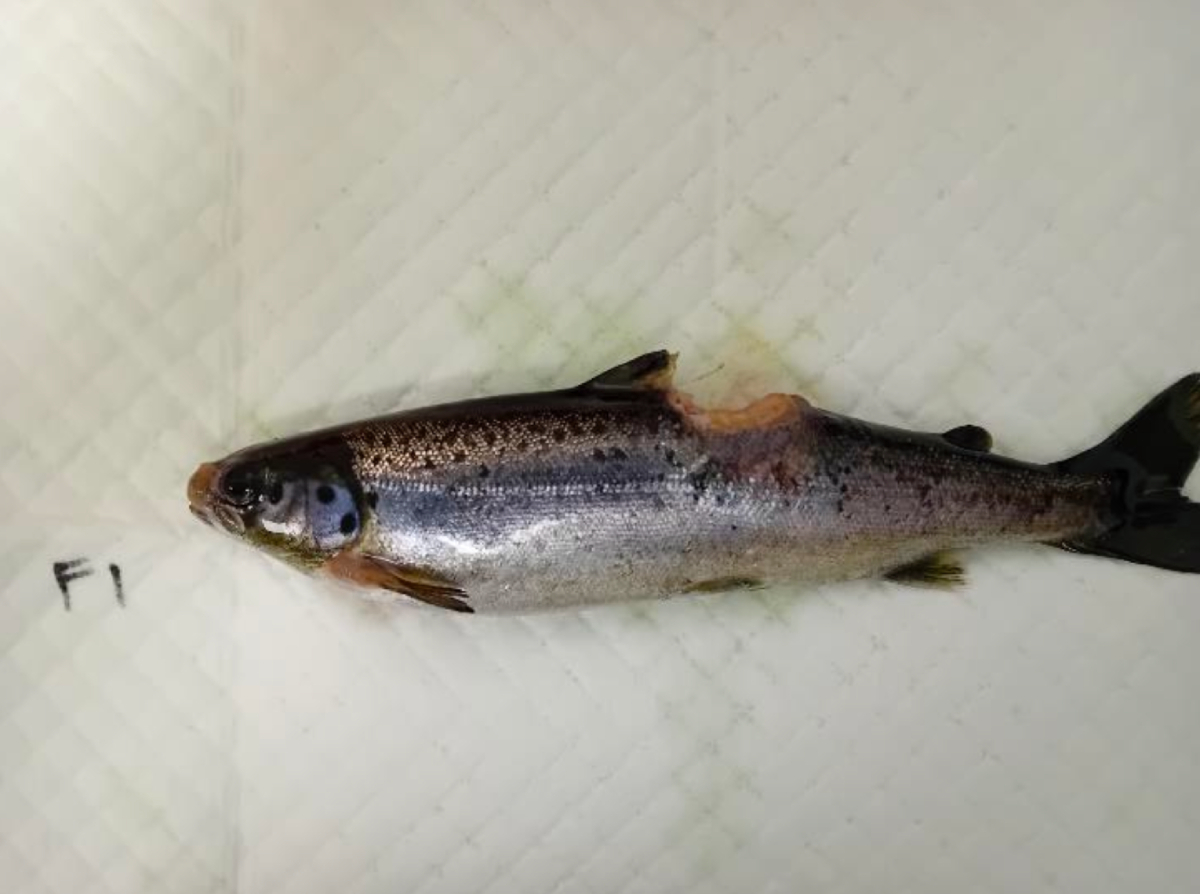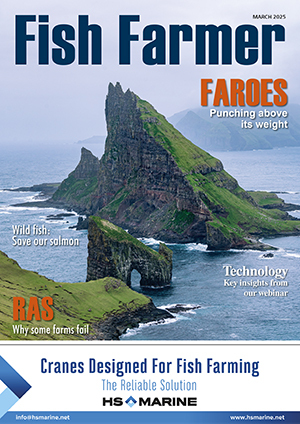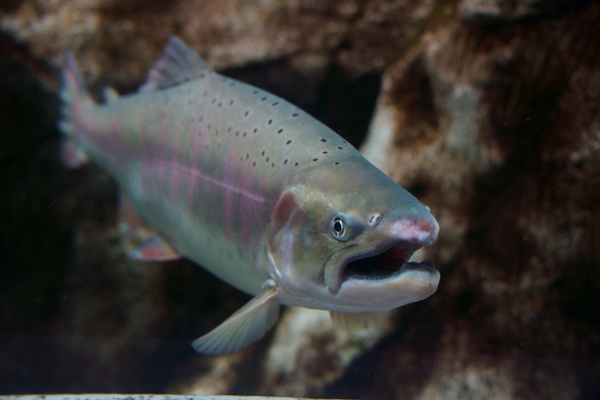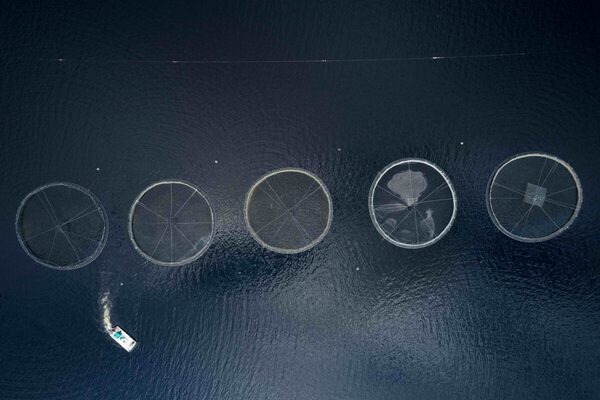Campaigner holds protest at Barcaldine hatchery
Anti-salmon farming activist Don Staniford staged a protest on Monday this week outside Scottish Sea Farms’ salmon hatchery at Barcaldine, near Oban.
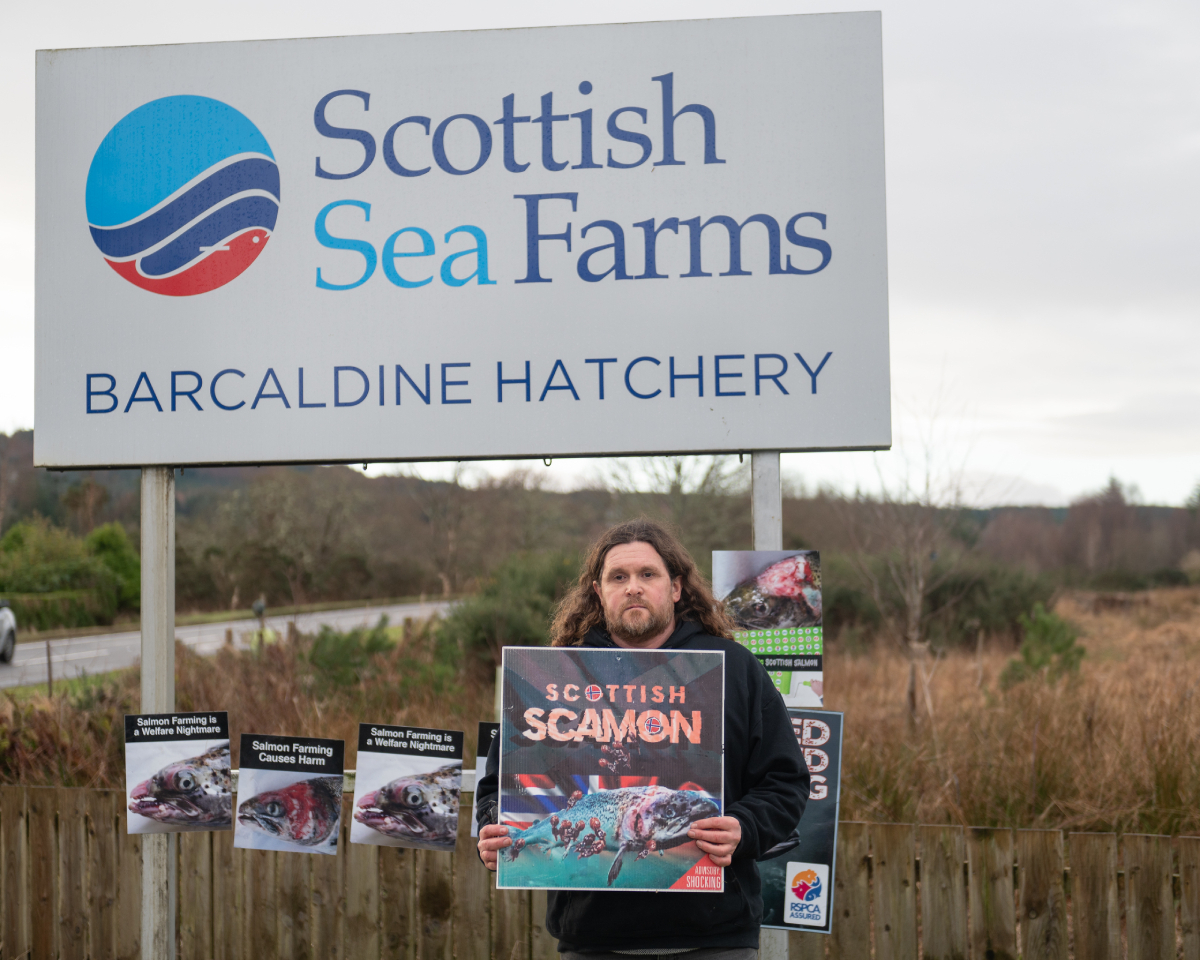
Don Staniford has been forced to give undertakings not to trespass on farm sites operated by Mowi and Scottish Sea Farms, but he remains committed to campaigning against the salmon industry.
Staniford was highlighting mortality figures reported by the Fish Health Inspectorate, which showed that fish at Barcaldine had suffered more than 600,000 mortalities during 2024.
Scottish Sea Farms has responded, however, and maintains that a holistic approach to fish health and welfare at the hatchery is now paying dividends.
The recorded mortalities were mainly attributed to Saprolegnia, a microorganism classed as a water mould which can cause deadly fungal-like skin infections for fish.
Staniford highlighted the use of formaldehyde to treat the infection in the tanks, as treatment he described as “carcinogenic”.
He also shared photos taken by the Fish Health Inspectorate which, he said, were evidence of the poor state of the fish at Barcaldine.
The report from the FHI’s site inspection on 6 November documents the infection and measures taken to contain it. It records: “On inspection of the site, moribund and lethargic fish were observed in all tanks with extensive lesions and fungus infection.”
It also notes that infectious pancreatic necrosis virus (IPN) was detected in three fish, however the fish concerned had been vaccinated and no associated pathology was observed.
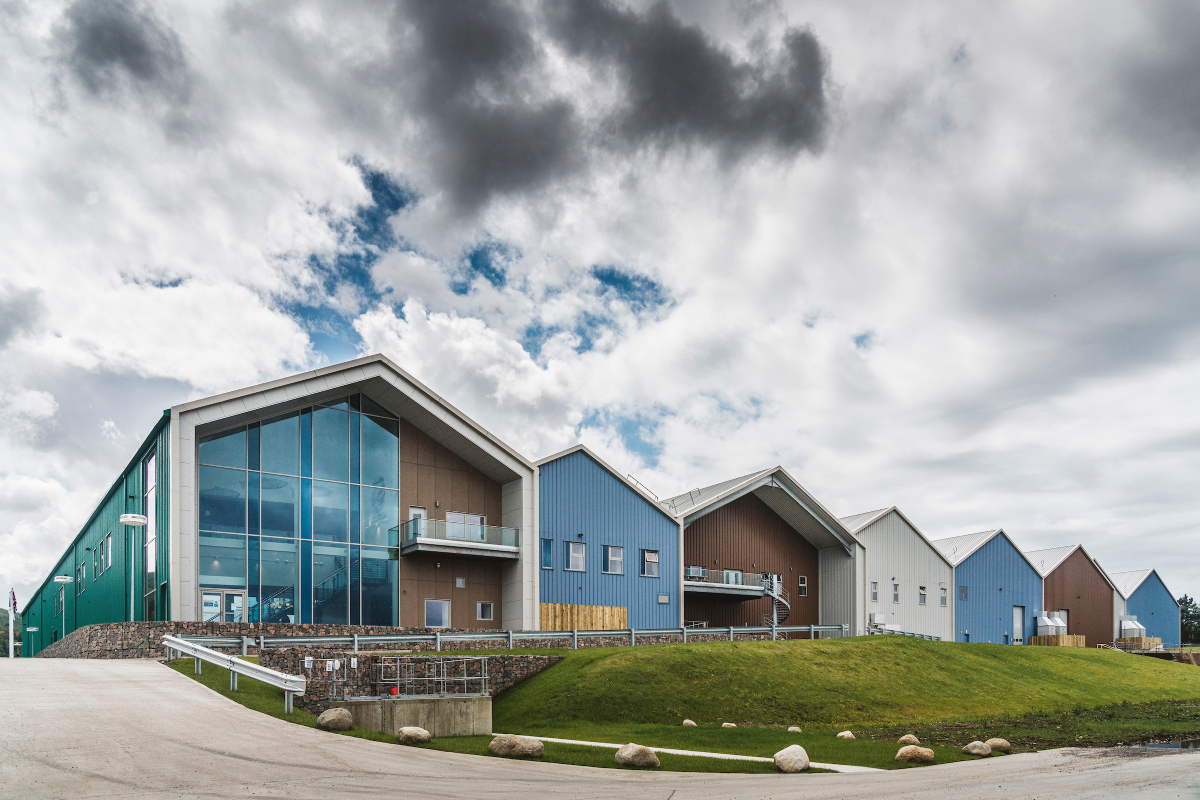
‘Holistic’ approach
Scottish Sea Farms said: “Barcaldine Hatchery is seeing promising signs from a holistic approach to managing Saprolegnia, a challenge specific to freshwater.
“The naturally occurring air and waterborne pathogen can cause infection in a variety of fish species in both wild and farmed environments, if left untreated.
“As such, salmon producers are vigilant in monitoring for and managing the freshwater challenge; something typically achieved by administering prescribed veterinary medicines, if required.
“Since the second half of 2024, however, the pathogen has proven more aggressive and more resistant to traditional methods, with the result that Barcaldine Hatchery has seen its normally high fish survival rates reduce.
“In response, the team has channelled its energies into a holistic approach, focused on boosting salmon’s natural ability to combat the heightened challenge.”
Scottish Sea Farms’ Head of Freshwater, Rory Conn, said: “Since day one, Barcaldine Hatchery’s recirculating aquaculture system (RAS) technology has afforded us more control than ever over growing conditions – water quality, oxygen and salinity levels, temperature, light – with minimal need for medicines.
“When it first became apparent that the Saprolegnia present wasn’t responding in the same way to conventional methods, we did try increasing the frequency of treatments, but we still weren’t satisfied with the results.
“So we doubled down on our core principles of optimum growing conditions, good husbandry and minimal handling to help our young salmon mount the strongest defence possible against infection.
“Related to this, we know that fish’s natural immune response can be temporarily reduced following certain handling events or immediately after vaccination.
“So we added the capacity to administer a brine solution during acute events as an alternative to veterinary medicines; the aim being to further help inhibit Saprolegnia but without compromising on water quality or fish welfare.”
The company says the combined results of these alternative, non-medicinal mitigation measures are encouraging and survival rates are returning to normal.
Conn says: “We now have fish that have been in the facility for 30 weeks and have not required veterinary medicine treatments.
“Finding an effective response to the recent renewed Saprolegnia challenge has been a real team effort, but thanks to the collective input and determination of freshwater and fish health colleagues, we’re hopeful we have made an important advance.”
In September last year, members of the Scottish Parliament’s Rural Affairs and Islands Committee visited Barcaldine as part of the committee’s inquiry into the salmon industry.
The SSF investment in Barcaldine has been intended to make the company less dependent on ova imported from outside Scotland. Last May the company took delivery of its first “green” (unfertilised) eggs, which will enable year-round production of salmon smolts.
